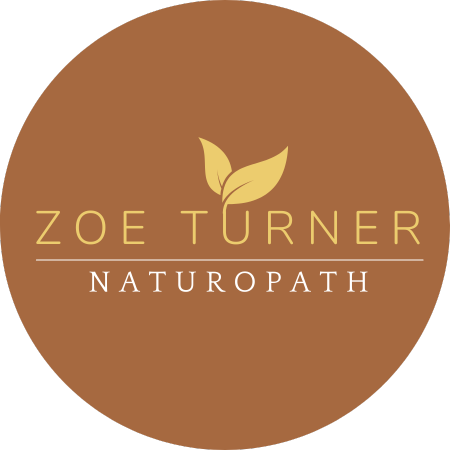Naturopaths often use a variety of herbs to help manage symptoms of anxiety. Some of the most commonly used herbs for anxiety include:
- Passionflower: Passionflower is a herb that has been traditionally used to help with anxiety and insomnia. Studies have shown that it may help to reduce symptoms of anxiety, such as nervousness and restlessness.
- Kava: Kava is a herb that is native to the South Pacific and has been traditionally used as a natural remedy for anxiety, stress, and insomnia. Studies have shown that it may be effective in reducing symptoms of anxiety, such as nervousness, restlessness and insomnia.
- Valerian: Valerian is an herb that has been traditionally used to help with insomnia and anxiety. Studies have shown that it may help to reduce symptoms of anxiety, such as nervousness and restlessness.
- Lemon Balm: Lemon balm is a herb that has traditionally been used to help with anxiety and insomnia. Studies have shown that it may be effective in reducing symptoms of anxiety, such as nervousness and restlessness.
- Ashwagandha: Ashwagandha is an herb that has been traditionally used in Ayurvedic medicine to help with anxiety and stress. Studies have shown that it may be effective in reducing symptoms of anxiety and stress.
It is important to note that herbs should always be used under the supervision of a qualified healthcare practitioner, as some herbs may interact with prescription medication and can have side effects

2 thoughts on “Which herbs do naturopaths use for anxiety?”
Hi Zoe, I have a teenage daughter who suffers from anxiety and have her on some natural supplements but she is now refusing to take any tablets. Is there a herbal mixture or something which she could drink which has everything in it? Thanks 🙏
Liquid herbs or tinctures are a popular choice for those who prefer not to take tablets. They can be easily added to drinks or taken directly, and may have a faster onset of action compared to tablets. Some popular herbs for anxiety include passionflower, valerian, and chamomile.
Another option could be a glycerite or glycetract, which is a liquid herbal extract made with vegetable glycerin instead of alcohol. This can be a good option for those who cannot tolerate alcohol.
Powders with nutrients and herbs can also be mixed into drinks or smoothies, making them a convenient option. Some examples of herbs and nutrients that may help with anxiety include ashwagandha, magnesium, and B vitamins.
However, it’s important to note that anxiety can have many different underlying causes, and there is no one-size-fits-all approach to treatment. A consultation with a naturopath can help to determine the most appropriate course of treatment for your daughter’s specific needs.
What was your daughter taking previously, how old is she and was it helping her? Things to consider when prescribing as some anxiety herbs are dependent on age.
Wishing you a beautiful day.
Love & light
Zoe